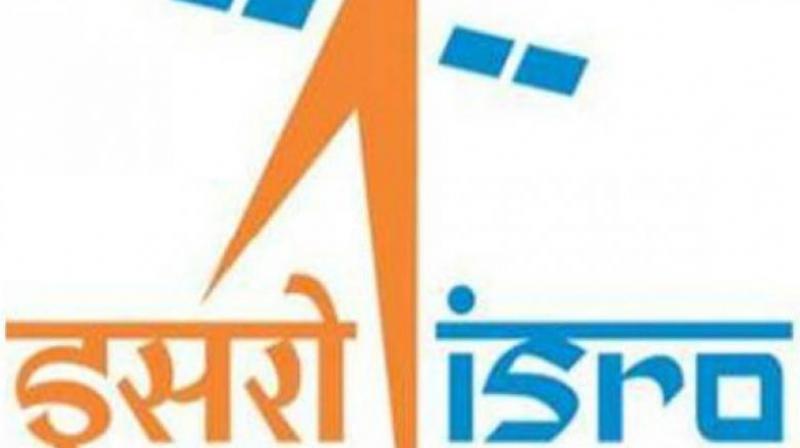ISRO to pick crew for Gaganyaan soon
Dr K Sivan said Mission will impact global cooperation as pacts have to be made between nations to complete it.

Bengaluru: An announcement will be made soon on the process for selection of Indian crew members for ‘Gaganyaan’ mission, the country’s first attempt to send a couple of Indians on a voyage in outer space by 2022, ISRO’s chairman Dr K Sivan announced on Monday.
The project, he said, would have a major impact on international cooperation as agreements have to be made between nations to complete the mission he said while addressing the inaugural of a two-day international seminar on “Emerging frontiers in aerospace technology,” organized on the eve of Aero India 2019. “The specialty of ‘Gaganyaan’ is that it has to be completed in 40 months. Many, even people from aerospace sector, are doubting whether we can achieve it. If Russia can send a man to space in just four years in 1957, why can’t we send now in 40 months?” he asked.
Dr Sivan spoke of the 'mad rush' for development of small satellite launch vehicles. An average of 6,000 odd small satellites would be launched annually. Considering these demands, ISRO has developed a small satellite launch vehicle, which would be tested in mid-2019, he added.
More than 1000 delegates from the armed forces, R&D, the academia and industry are scheduled to interact on topics such as aerospace materials, stealth, hypersonics, artificial intelligence, deep learning in aerospace, sensors, propulsion and UAV/ UCAV technologies in the two-day seminar organized jointly by DRDO in association with the Aeronautical Society of India (AeSI).
In his inaugural address, Dr. VK Saraswat, Member NITI Aayog, applauded work done by DRDO to bridge technological gaps. He said that the time has come to develop different kinds of weapons particularly in the areas of low intensity conflicts and highlighted the need to bring down the cycle time from research & development to production for better assimilation and absorption of technology in a time bound manner.
Dr G Satheesh Reddy, Chairman, DRDO, said in his address there is a tremendous transformation in the aerospace sector. Advancements in technologies like propulsion, electronics, structures, and payloads have brought in significant reduction in the size, cost, and weight of aerospace systems. Smart miniaturized aerospace sensor technologies will be the backbone for futuristic defence and aerospace systems.
We need to focus on Artificial Intelligence in a big way. AI will impact efficiency, productivity, speed and innovation in the emerging aerospace industries. Advanced materials, hypersonics, avionics, autonomous vehicles, and engines are few of our major thrust areas. It is essential to harness the scientific capabilities in universities and industries and we have to take the lead to develop first of its kind technologies in the country, he added.

